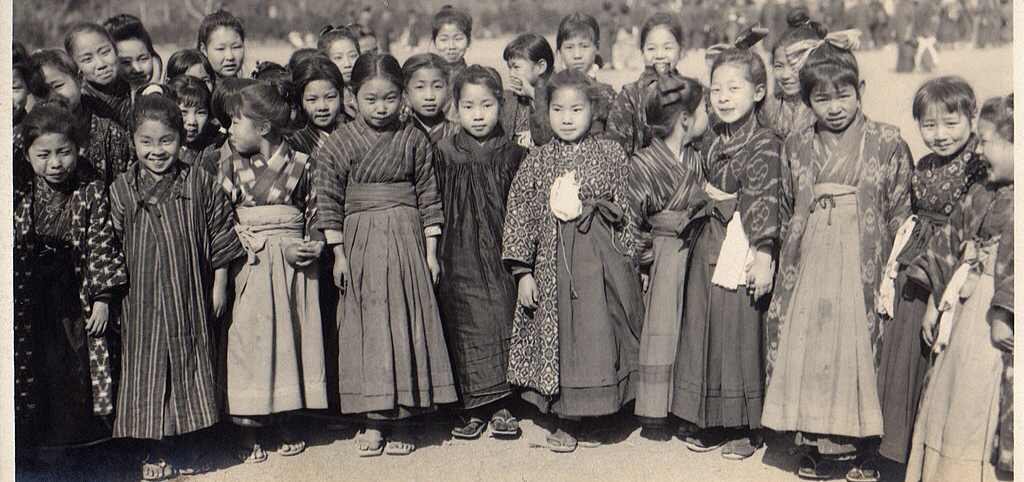Continuing on from the previous post. I found this paragraph also quite in line with what haiku aims for:
The task of making a home in nature is what Wendell Berry has called “the forever unfinished lifework of our species.” “The only thing we have to preserve nature with” he writes, “is culture; the only thing we have to preserve wildness with is domesticity.” Calling a place home inevitably means that we will use the nature we find in it, for there can be no escape from manipulating and working and even killing some parts of nature to make our home. But if we acknowledge the autonomy and otherness of the things and creatures around us—an autonomy our culture has taught us to label with the word “wild”—then we will at least think carefully about the uses to which we put them, and even ask if we should use them at all. just so can we still join Thoreau in declaring that “in Wildness is the preservation of the World,” for wildness (as opposed to wilderness) can be found anywhere: in the seemingly tame fields and woodlots of Massachusetts, in the cracks of a Manhattan sidewalk, even in the cells of our own bodies. As Gary Snyder has wisely said, “A person with a clear heart and open mind can experience the wilderness anywhere on earth. It is a quality of one’s own consciousness. The planet is a wild place and always will be.” To think ourselves capable of causing “the end of nature” is an act of great hubris, for it means forgetting the wildness that dwells everywhere within and around us.
Unfamiliar with Berry and Snyder? Both are American writers and environmental activists. Berry’s side job is farming; Snyder is a bit of a wandering poet-scholar-saint, or is certainly inspired by such people.
I am pleased that Cronon calls attention to nature as something that is inescapable, not somewhere apart or somewhere to go. At their finest, haiku poets would agree, and indeed many, I imagine, find solace in linking their subjective, emotional experiences with the moods and shifts exterior to themselves. Haiku doesn’t let you forget that there is nothing pristine and untouched. (Sorry about the double negative.)
This leads off in various directions–poetic and not. I’ll stop here, though. It’s just some ideas.
(Wendell Berry, Home Economics (San Francisco, California: North Point, 1987), pp. 138, 143. Gary Snyder: New York Times, “Week in Review,” 18 September 1994, p. 6.)
